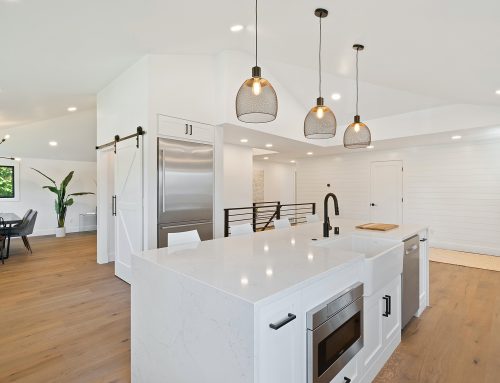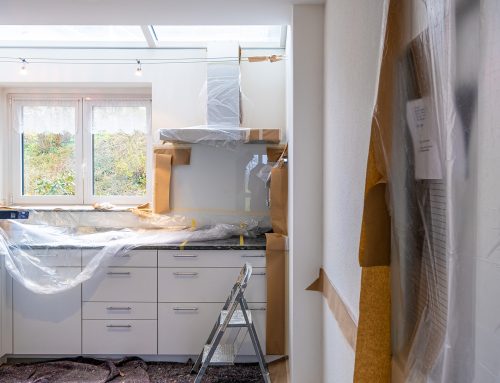[vc_row][vc_column][vc_column_text]Buying a home in Charlotte’s real estate market can sometimes feel like watching the news footage on Black Friday sales. Homes are selling within hours and everyone else seems to know to run for the TV in the back, while you’re still trying to get through the door. Having a trusted voice to cut through the noise is the first thing you need, but here’s what else you need to know so you’re ready to buy in Charlotte.
- Save: We all know to save for a down payment. What you don’t know is that lenders are also looking for a prospective borrower who has several months’ mortgage payments saved up. A prospective borrower who is only looking for loans that will allow them to put as little down as possible, sometimes 3%, not the typical 20%, is not going to be as competitive as someone with a down payment and savings. Lenders will give a borrower a little wiggle room if they have a lot of savings, but not much for annual earnings or credit score.
- Check your credit score: The higher your credit score, the lower your down payment and/or monthly mortgage payments could be. Tips for improving your credit score? Hack away at credit card debt, don’t apply for any new lines of credit for a few months prior to your home purchase, and avoid closing out any accounts. Wait to make any large purchases like furniture, TVs, etc. until after the closing date of your home.
- Get pre-approved: Sellers are getting multiple offers nowadays, and this is a great way to set yourself apart from the competition. Get pre-approved, not simply pre-qualified. This means your loan officer will collect financial information, run a full credit report, and give you a clear price range based off a mortgage amount that won’t overextend you on a monthly basis.
- But before you buy:. You need to prepare to move on from your current situation. Do you need to sell a home before you can purchase your next property? If you need to sell your home first, you’ll need to get your property ready for the sale. Like yesterday. A real estate agent will help you through this process—see here for how to pick an agent that is the best fit for your situation. If you don’t currently own, is your lease term up in a few months? If so, how much time do you need to find a home? If you’re renting, does your lease convert to a month-to-month term at the end of the lease? If so, how much notice do you need to give your landlord or property manager?
Regardless of the situation, be prepared so you’re not left outside while everyone else manages to grab the good stuff.
Photo by Cody Hughes @clhughes21
[/vc_column_text][/vc_column][/vc_row]




